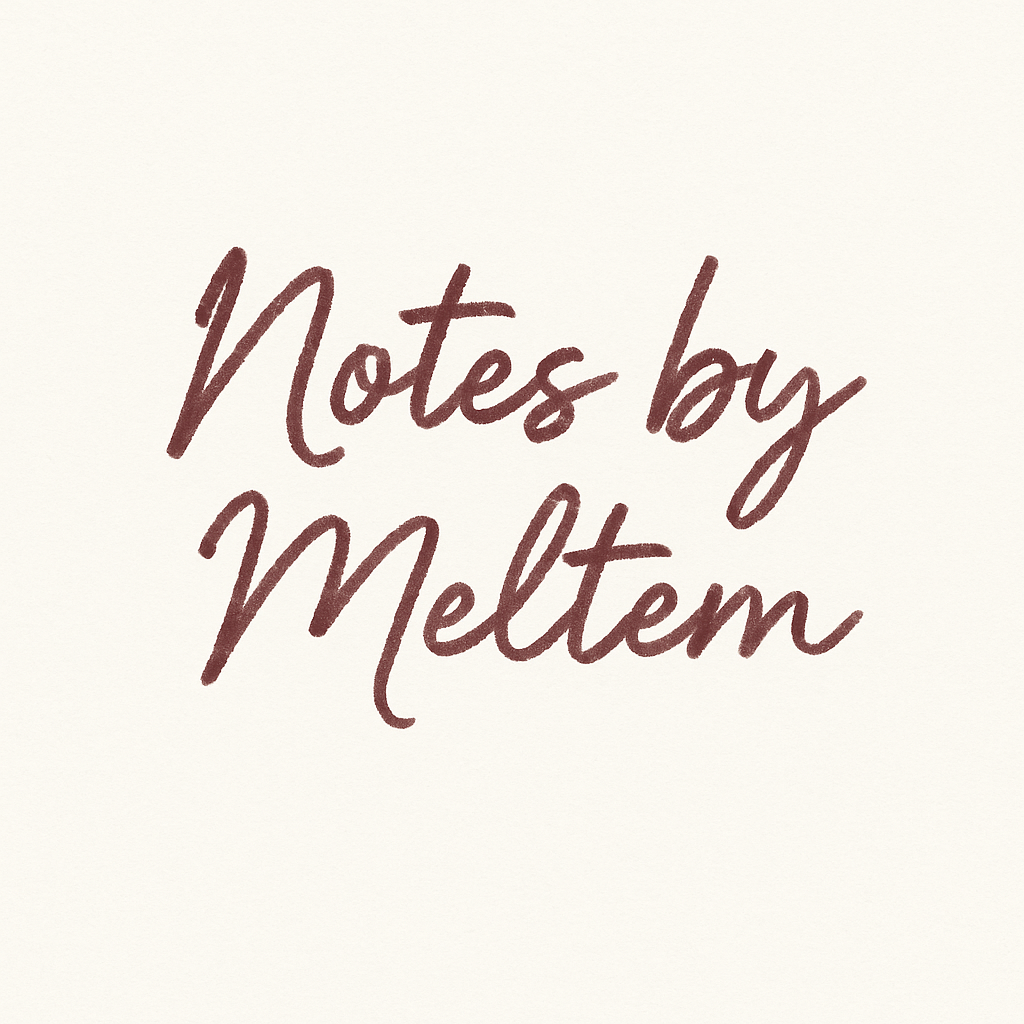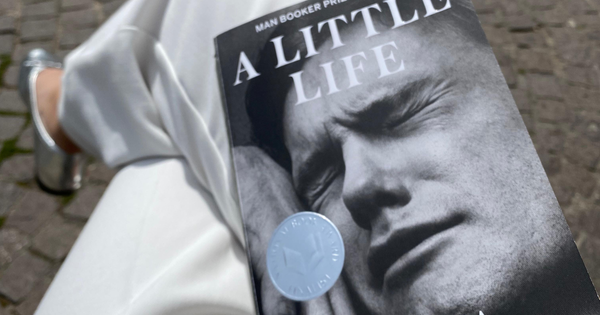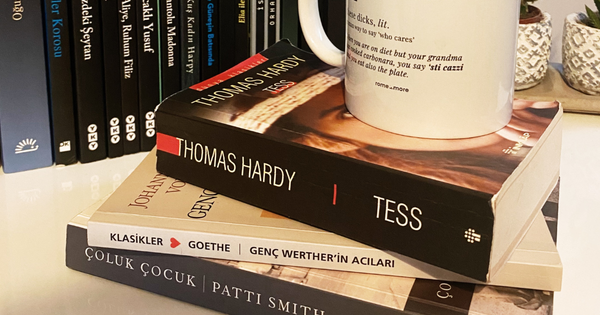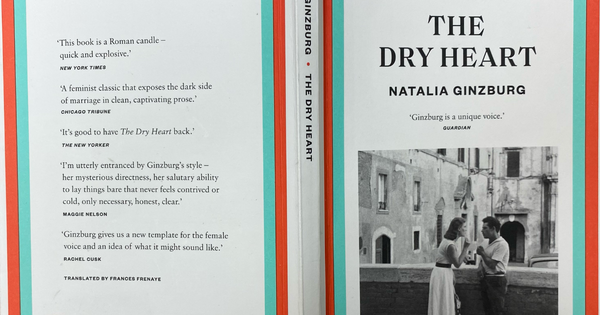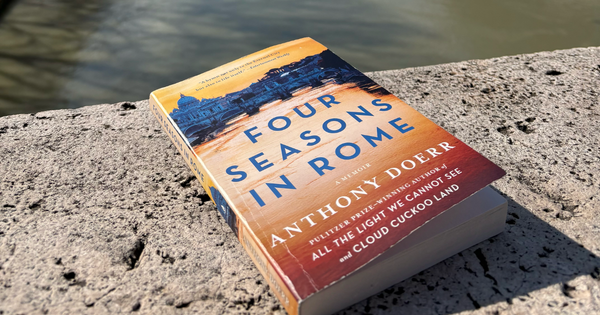“I Who Have Never Known Men” & Reflections on Life
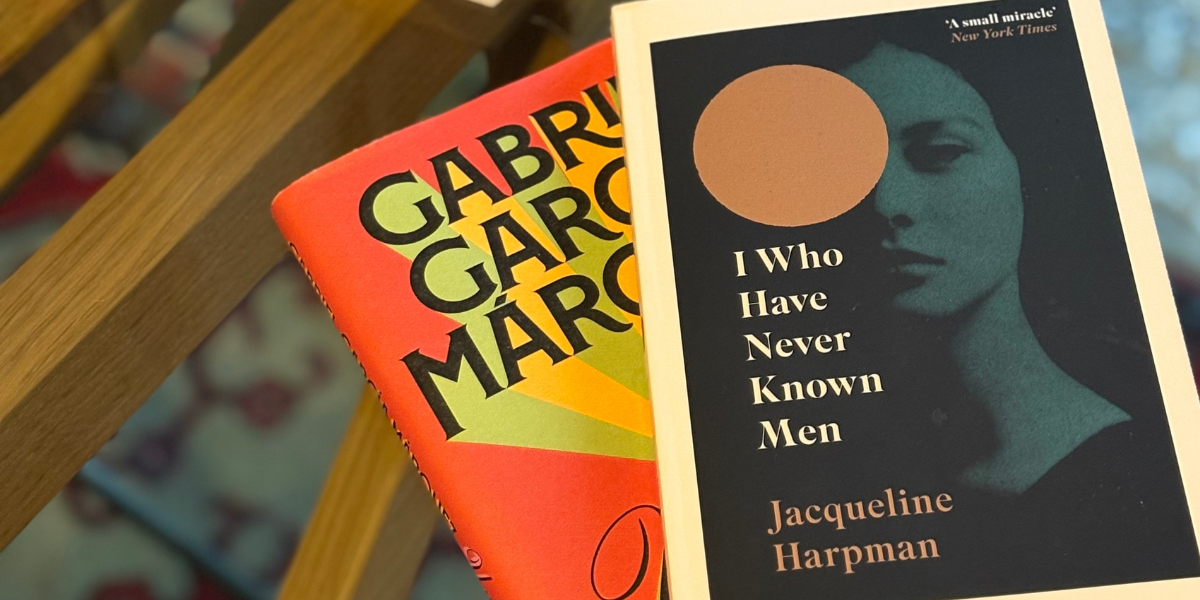
A book by Jacqueline Harpman.
Instead of a traditional review, I prefer sharing the reflections this book inspired in me about my own life.
Excuse my language, but WTF have I just read?!
I Who Have Never Known Men by Jacqueline Harpman is one of those books where, the moment you see the title, you’re like, “Same, sis, same” — but then you’re destroyed. Shattered to pieces.
I literally finished the book 15 minutes ago, and I am lost. I do not know how to feel — about everything, about my life, about our world at all. Because those last pages — there might be spoilers, please be advised! — especially when our protagonist finds her “home,” as a reader, you begin to question everything.
It’s considered a dystopia, but it reads like a profound metaphor — a subliminal critique of our everyday “habits,” especially the things we believe we cannot live without (Given that my country, Turkey, is on the edge of becoming a dystopia, how wise am I to read it?).
This story has no defined time period. Well, sure — given that there’s certain technology and conversations among the 40 women, it might suggest it’s not set in a very archaic time. Yet this is a book with no explicit time or place.
They are in a bunker — 40 women and some male guards. They’re just there, but they don’t remember how they ended up there. They don’t know what the purpose of it all is. They don’t know what happened to their loved ones.
They merely exist.
And one day, they find a way to escape, because the sirens go off and the guards disappear — without any explanation, without any closure. Suddenly, they are alone. Surviving.
Actually, they are living, and constructing a life in the unknown — on a planet no one knows about. Maybe it’s a simulation, or some kind of clandestine experiment. We don’t know. But every single moment, I was there with these women. At the back of my mind, I kept questioning: What islife? Because to the other 39 women, the things they experience are not the life they knew. But to the girl who grew up in the bunker, this is the only idea of life she has ever known.
Then there’s our protagonist — who grew up in the bunker, having arrived there at a very early age. She has no concept of what “normal” is and lives in that desolate reality for, give or take, 60 years.
She learns to read and write purely as a means of survival, she does not need to learn multiplication tables. She sees a mirror quite late in life. And when we juxtapose her world with our own — today’s hyper-consumerist society — it becomes deeply unsettling, even existentially disturbing, to imagine ourselves stripped of all that we know.
But what if we didn’t have it all?
What if we lived a simple, ascetic life?
“In the kitchen there are four dozen glasses and several different kinds of plate. Does one person need all that?
I am currently staring at my kitchen cabinet, home to ten different mugs. Do I need them all?
Questions like that arise.
As I mentioned above, the final part of her journey — yes, this is a narrative of survival and introspection — made me realize that, beyond the absence of modern comforts like a cup of coffee, perhaps the real luxury is companionship. Or maybe, it’s finding solace in your own existence until the very end. Because that’s what she did.
“I am an old woman, but I still love looking at my face. I don’t know if it’s beautiful or ugly — it is the only human face I ever see. I smile at it and receive a friendly smile back.”
Would I be content if it were just me, in this world, at the very end?
Probably yes.
But this is an achingly sad story. No matter how much you contemplate the philosophical weight of everything in your life, you cannot help but feel sorrow for her — a girl without a name, a girl without a “normal” life, a girl without anyone.
And what is the value of time when you are utterly alone?
